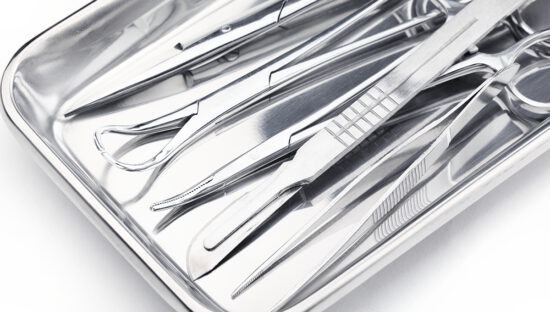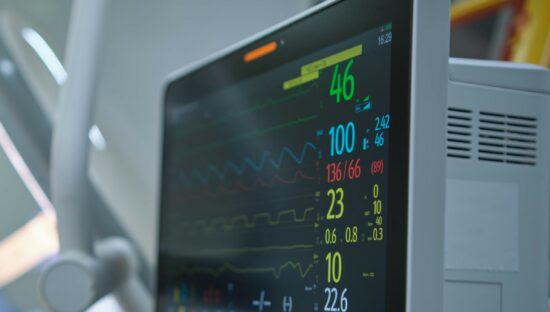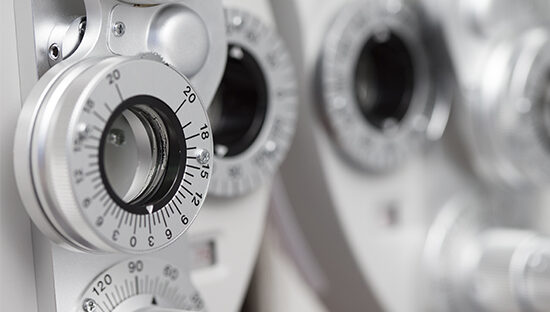
Live Briefs at Anglia Ruskin University
At ARU, Live Briefs play a key role in course assessment and teaching methodology. These briefs offer students a valuable opportunity to apply their theoretical knowledge to real-world scenarios, helping them better prepare for future employment. Additionally, Live Briefs facilitate engagement between industry specialists and ARU students, providing authentic challenges for students to tackle.
The collaboration between Test Labs UK and ARU has proven successful in providing students with hands-on experience in a specialised medical device testing laboratory, allowing them to confront industry challenges directly. For more insight into last year’s Live Briefs, ARU’s case study provides an informative read.
Through this partnership, students are encouraged to explore their knowledge and creativity, generating innovative solutions with the potential to positively impact the industry.
Student Live Brief – Advancements in antimicrobial innovations, ensuring suitable solutions for medical devices and services within health care
Even before the onset of the Covid-19 pandemic, the UK grappled with a staggering number of hospital-acquired infections, exceeding 650,000 cases annually. Tragically, around 5% of infected patients succumbed to these infections, while survivors often required prolonged hospitalisation, leading to congestion in healthcare facilities and prolonged waiting times for treatment. This strain on the healthcare system has been exacerbated by the backlog of over 7 million patients awaiting treatment, a backlog that may take years to clear. Consequently, there is an urgent need to strengthen infection prevention and control measures to mitigate the spread of infections in healthcare settings.
Central to these efforts is the recognition of surfaces as significant vectors for infection transmission. The development and research of antimicrobial coatings have gained increased attention as a proactive measure to combat the spread of pathogens in healthcare environments. By incorporating antimicrobial properties into surface materials, healthcare organisations can augment existing infection prevention practices.
For this Live Brief assignment, students collaborated in small groups, each focusing on a specific category of medical devices or equipment. Within their respective groups, students had to evaluate the suitability, sustainability, and safety of various materials or coatings for their designated equipment category by addressing the following questions:
- How does the antimicrobial technology and method of application function to suit the medical equipment/device?
- Is it compatible with the device’s intended use and current cleaning practices in hospitals?
- Does it enhance the equipment’s resistance to contamination?
- Will the use of antimicrobial technology reduce the need for biocides/cleaning and impact the product’s lifespan?
- Will the technology adhere to relevant regulations and standards, considering biocompatibility, antimicrobial efficacy, and longevity?
- What are the limitations of the technology, such as its effectiveness against specific microbes compared to current practices?
Categories of equipment to be assessed include:
- Ward Beds & Furniture
- Surgical Equipment
- Infusion Pumps
- Dental Equipment
- Non-invasive Patient Care Equipment
Types of materials or coatings for evaluation:
- Metals and Metal-based Materials (e.g., silver, copper, zinc)
- Photocatalytic Coatings (e.g., titanium dioxide)
- Antimicrobial Peptides (AMPs)
- Enzymatic Coatings (e.g., lysozyme)
- Hydrogels (infused with antimicrobial agents)

Bridging the gap between the Academia and Industry
Bridging the gap between academia and industry is key for driving innovation and progress in any industry, including healthcare. Collaboration among various stakeholders, including academia, industry, healthcare providers, policymakers, and patients, is essential to achieving significant advancements. Each stakeholder brings unique expertise, perspectives, and resources to the table, enabling them to identify opportunities for improvement and work towards better healthcare outcomes.
One of the key benefits of collaboration between academia and industry is the ability to leverage their respective strengths. Academic institutions contribute research expertise, access to cutting-edge technology, and a fresh perspective to industry challenges. Industry, on the other hand, offers practical experience, funding, and resources to translate academic research into real-world solutions.
In the context of Live Brief assignments facilitated by institutions like ARU and industry partners like Test Labs, students gain valuable real-world experience that directly impacts the quality of their work. By blending academic research with industry guidance and feedback, students receive practical insights and learn to apply their knowledge to industry challenges.
Holly Scott, from Test Labs said:
It was a remarkable privilege to participate in ARU’s Life Brief assessment this year, Observing the students exhibit their expertise and enthusiasm in devising solutions for real-world industry challenges was truly amazing. The proficiency and presentation abilities displayed by the students was nothing short of inspiring.
Student Posters: Check Them Out!
Group 1 – Ward Bed Slide Sheets – Antimicrobial or Disposable?
Group 2 – Exploring antimicrobial coating for endoscopes
Group 3 – How can silver nanotechnology improve tracheostomy practice and safety?
Group 4 – Antimicrobial peptide coating methods for titanium dental implants
Group 5 – Antimicrobes and medical carts










